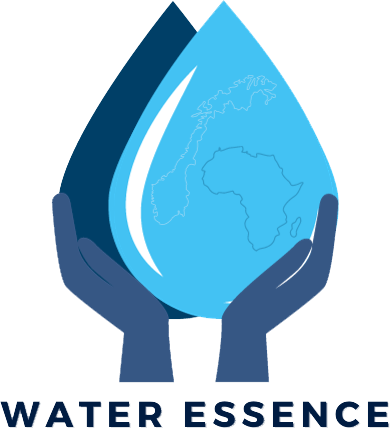
Enhance curriculum, teaching methods, and facilities to produce highly skilled water professionals.
Foster collaborative research projects, promote innovation, and address pressing water challenges
Strengthen the skills, knowledge, tools, and resources within partner universities.
The project addresses freshwater distribution challenges intensified by population growth, climate change, and urbanization, focusing on health, energy, gender equality, and digital education. It builds on the NORHED I WaSo Africa initiative
A1.1 Analysis of partners’ assets and review of good practices
A1.2 Academic staff trainings on curriculum development
A1.3 Curriculum revision and design workshops with external stakeholders
A1.4 Water NEXUS curriculum evaluation by external stakeholders
A1.5 Design and planning of syllabi for Water NEXUS courses
A1.6 Development of teaching and learning content for Water NEXUS courses
A1.7 Testing and evaluation of the learning content by students
A1.8 Harmonisation of teaching and learning content
A1.9 Sharing and exchange of teaching and learning content
A1.10 Academic staff trainings on teaching methods and pedagogy
A1.11 Digital Water Library
A2.1 Sandpit workshop “Towards Water-Smart Society with Circular Economy”
A2.2 Joint small research projects
A2.3 Three South-South Summer Schools
A2.4 Inter-Continental Student Mobility Scholarship
A2.5 Infrastructure upgrades
A2.6 External stakeholders survey
A2.7 Joint research publications and policy briefs
A3.1 Academic staff training “Socially engaged universities and community-connected pedagogies”
A3.2 Social Mobility Scholarships
A3.3 Awareness raising and rebranding of the water sector to promote female engagement
A3.4 Three South-South Summer Schools with intercultural dialogue activities
A3.5 External stakeholders survey
A3.6 Lessons Learned publication
A3.7 Dissemination of results
A4.1 Project meetings
A4.2 Project Steering Committee (PSC) activities
A4.3 Curriculum Revision Committee (CRC) activities
A4.4 Research Advisory Committee (RAC)
A4.5 Project dissemination & communication
| Country | University | Coordinators | Secretaries | |
|---|---|---|---|---|
| NORWAY | University of Bergen
Norwegian University of Life Sciences Norwegian University for Science and Technology | UiB
NMBU NTNU | Dr. Tore Sætersdal
Prof. Harsha Ratnaweera Dr. Razak Seidu | Anne Berit Kolmannskog
Dr. Agnieszka Cuprys Joseph Kwarko-Kyei |
| UGANDA | Makerere University | Mak | Dr. Ronald Semyalo | Ms. Winnie Ndagire |
| SOUTH-SUDAN | University of Juba | UJU | Dr. Denis Adubasa | Dr. Zuheir Musa Sule |
| KENYA | University of Nairobi
Machakos University | UoN
Mach | Prof. Francis M. Matua
Prof. Mwalimu K. Musau | Elsa Ouma
Ms Caroline M. Mwende |
| ETHIOPIA | Addis Ababa University | AAU | Prof. Yacob Arsano Atito | Dr. Firehiwot Sintayehu |
| GHANA | University of Development Studies
University of Ghana | UDS
UG | Prof. Gordana Kranjac-Berisavljevic
Prof. Julius Najah Fobil | Bernard J. Tiika
Dr. John Arko-Mensah |
| RWANDA | University of Rwanda | UR | Prof. Telesphore Kabera | Prof. Umaru Garba Wali |
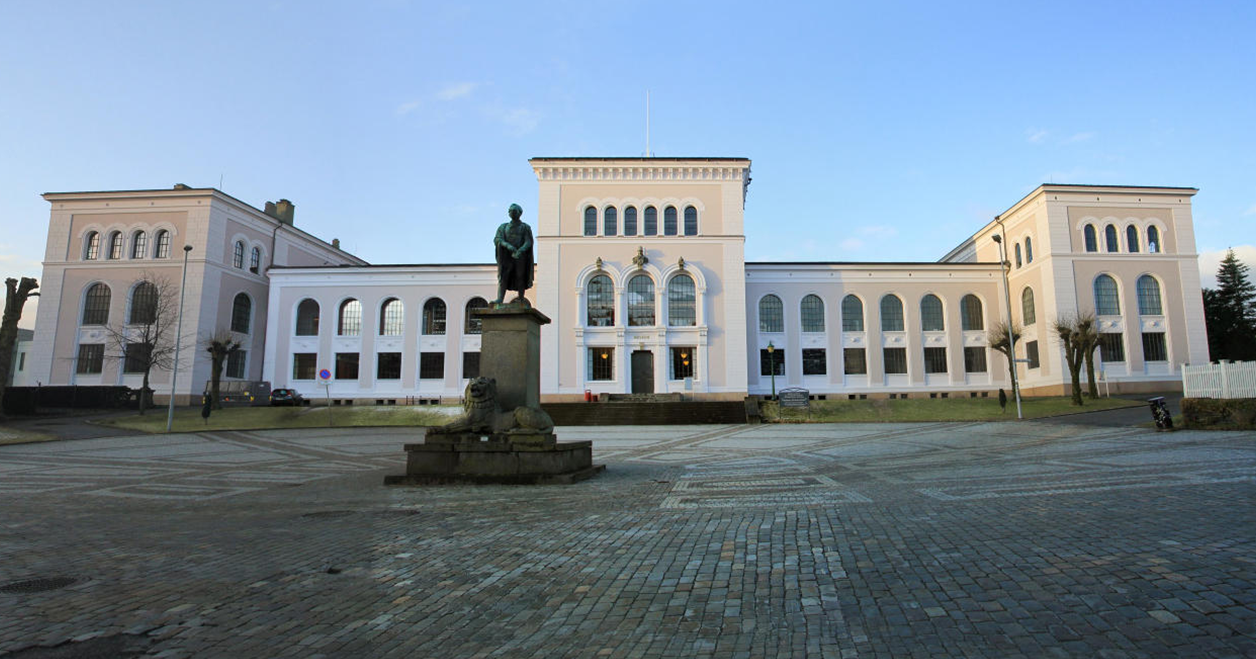
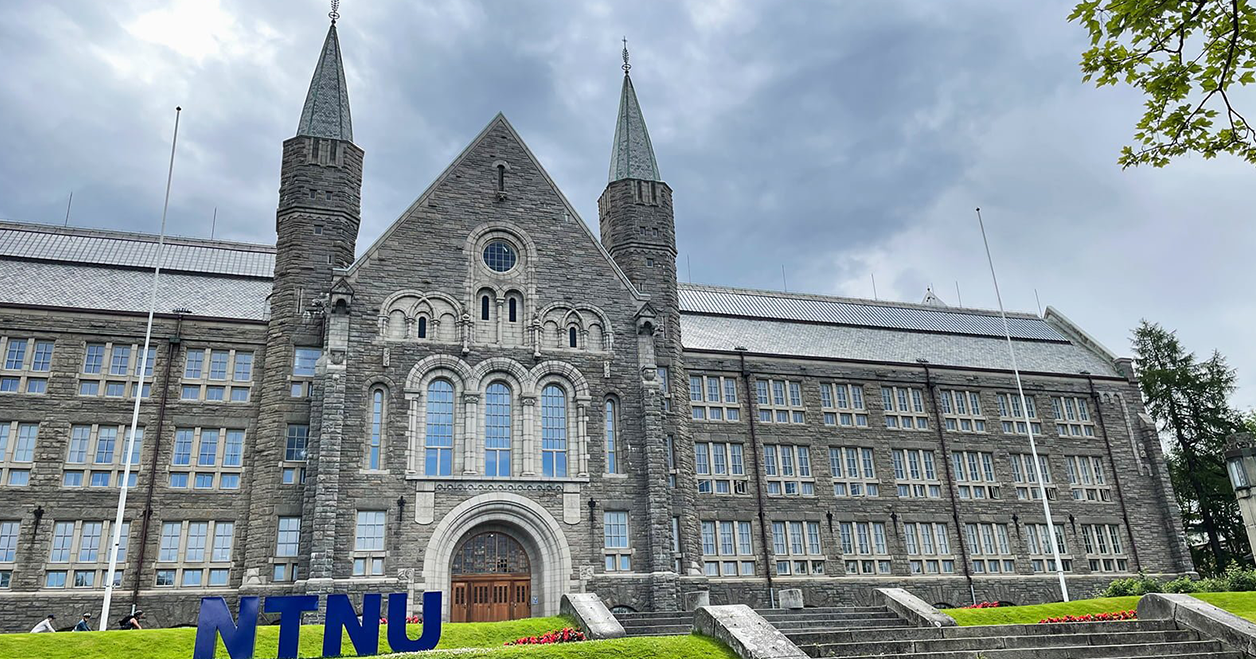
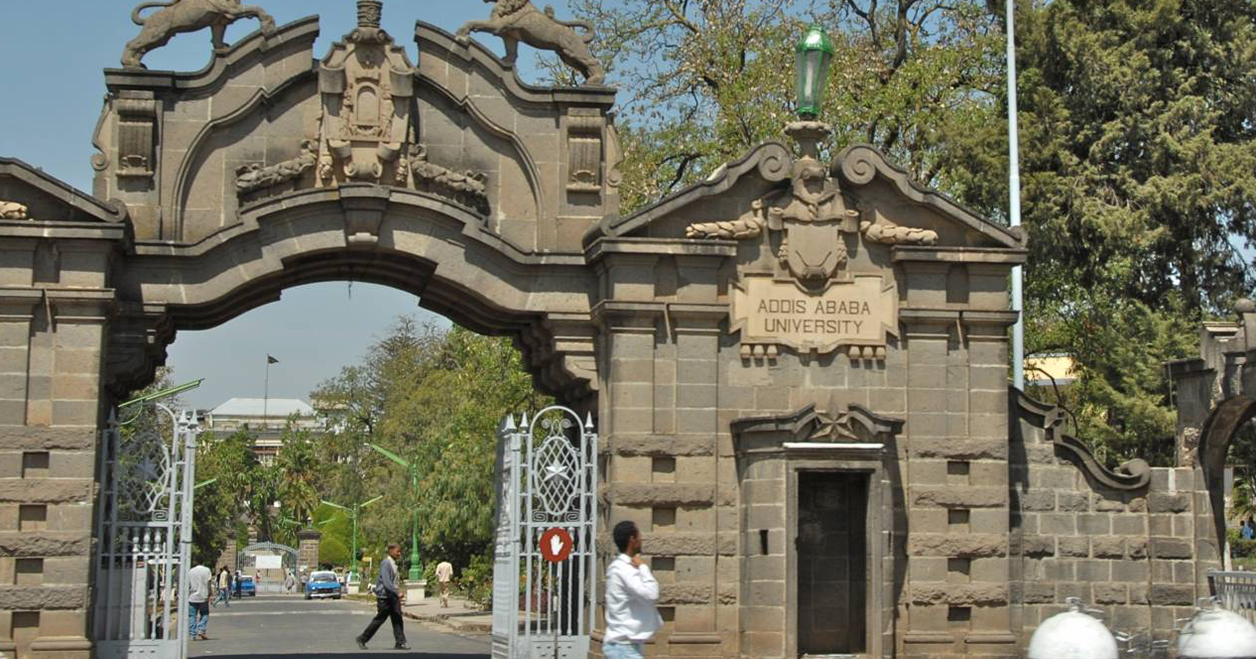 Coordinator : Dr. Prof. Yacob Arsano Atito
Email : yarsano@ethionet.et
Administrative secretary : Firehiwot Sintayehu
Email : yarsano@ethionet.et
Coordinator : Dr. Prof. Yacob Arsano Atito
Email : yarsano@ethionet.et
Administrative secretary : Firehiwot Sintayehu
Email : yarsano@ethionet.et
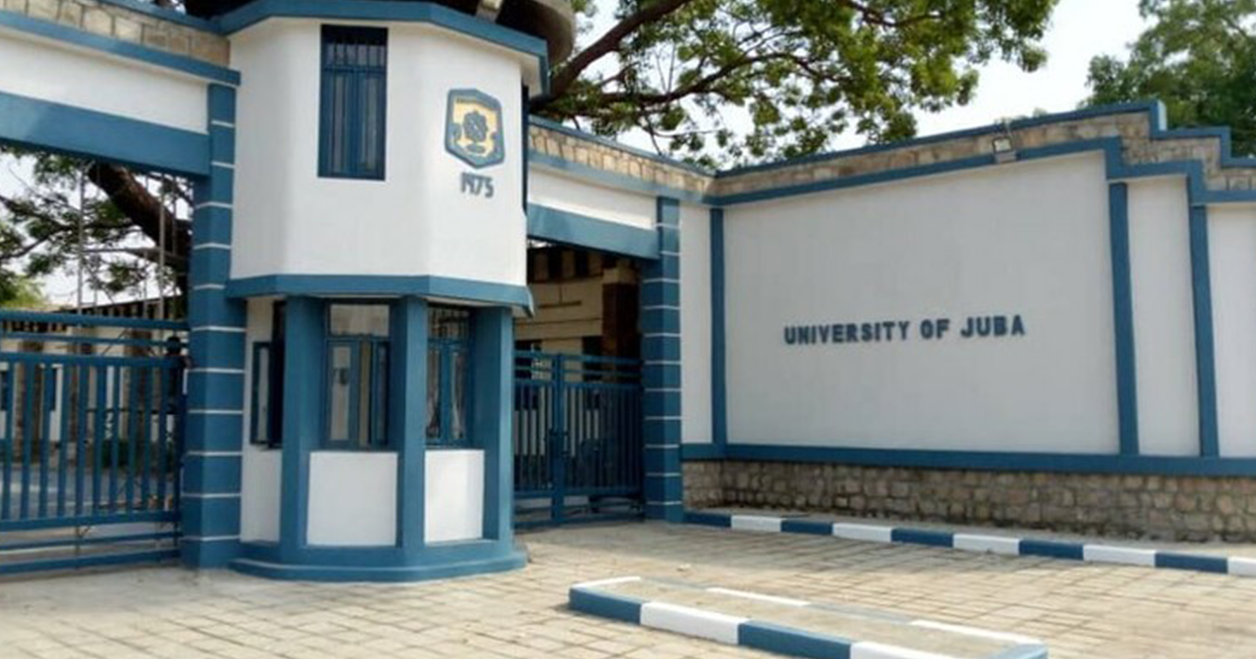 Coordinator : Dr. Denis D. K. Odubasa
Email : Duku2003@gmail.com
Administrative secretary :
Dorina Keji
Email : Duku2003@gmail.com
Coordinator : Dr. Denis D. K. Odubasa
Email : Duku2003@gmail.com
Administrative secretary :
Dorina Keji
Email : Duku2003@gmail.com
The first in-person project meeting took place in Oslo, Norway between 7-8 June 2024. The main goal was to debate on how to make significant progress in enhancing water-related education and research across African and Norwegian universities. Key activities included the discussion of the need for the comprehensive review of curricula at nine partner universities to align with societal needs, improve quality, and reduce redundancies. The project has also focused on strengthening university-industry collaboration, fostering innovation through the Triple Helix model, and addressing barriers to effective partnerships. Quality assurance practices were evaluated to align with international standards, and a pool of supervisors and mentors it to be established to support students and early-career academics. Additionally, small research grants were introduced to promote joint projects, with a focus on supporting women and marginalized groups. These initiatives are helping to co-develop sustainable, high-quality water education and research systems.
The Summer School 2022 in Norway, hosted by NMBU, featured two courses: Water & Wastewater Treatment (THT311) and Water Management in Cold Climate (THT313). The first course focused on water resources management and the interactions between water, energy, and food, while the second covered the governance and management of water services in urban settings, addressing sustainability challenges. The program attracted 43 students from diverse countries, including participants from Water ESSENCE universities from Uganda, South Sudan, Rwanda, and Ghana.
The summer school, lasting three weeks, combined intensive full-time courses with additional activities, like International Dinner, excursion in Oslofjord or visit in SNØ, a spectacular indoor arena for snow experiences. Summer school aimed at fostering social interaction and cultural awareness, allowing students to deepen their knowledge and explore new areas within water and environmental studies.
The Kigali meeting focused on advancing collaboration between universities, industry, and government through the Triple Helix model, with an emphasis on designing stakeholder surveys for external collaboration and inclusiveness in higher education institutions (HEIs). Participants explored how to drive the Triple Helix concept in HEIs and used GroupMap for brainstorming and prioritizing impactful items. Inclusiveness in HEIs was discussed in terms of diversity in age, gender, race, and profession, with a focus on ensuring equal participation and fair treatment for all.
Other key discussions included the design of training programs for socially engaged HEIs, which should address community needs and engage local industries. Collaboration among partners was highlighted, with presentations from international partners showcasing successful student exchanges and curriculum development projects. The consortium also discussed designing Water Nexus courses, integrating indigenous knowledge, and addressing topics like water ethics and corruption. The meeting concluded with plans for joint research activities, dissemination strategies, and the establishment of databases for supervisors and students to enhance collaboration and communication across partner institutions.
The Water ESSENCE team organized a workshop at the IWA Water and Development Congress & Exhibition (Rwanda, Kigali, December 2023). The session focused on the role of universities in accelerating progress towards Sustainable Development Goal 6 (Clean Water and Sanitation) and addressing challenges in the current educational system. Led by Professor Harsha Ratnaweera from NMBU, the workshop aimed to engage academics and policymakers in discussions on sustainable water use and management. The event featured presentations and a panel discussion involving key project members, sparking active participation and dialogue from the audience. More information can be found here.
At the Water ESSENCE meeting in Munich, several key project tasks and deadlines were outlined. Further developments include the update of the mentors’ pool and the creation of a hydropolitics curriculum led by University of Machakos. Joint research efforts and funding utilization plans were discussed. Analysis of partners’ assets and review of good practices is underway, which is led by University of Makerere.
The next event following project meeting in Munich was another Summer School held at NMBU. This program also focused on water resources and sustainable development, continuing the momentum of interdisciplinary learning within the Water ESSENCE network. The 2024 Summer School attracted students from all Water ESSENCE partner institutions.
Like the previous edition, this Summer School provided intensive, full-time courses alongside social and cultural activities, fostering collaboration and knowledge-sharing among participants from diverse backgrounds. The students had the valuable opportunity to network with peers from Brazil, China, Japan, and North America, enhancing the global perspective and fostering international collaboration. The program aimed to further students’ expertise in key areas of water management and sustainable practices.

